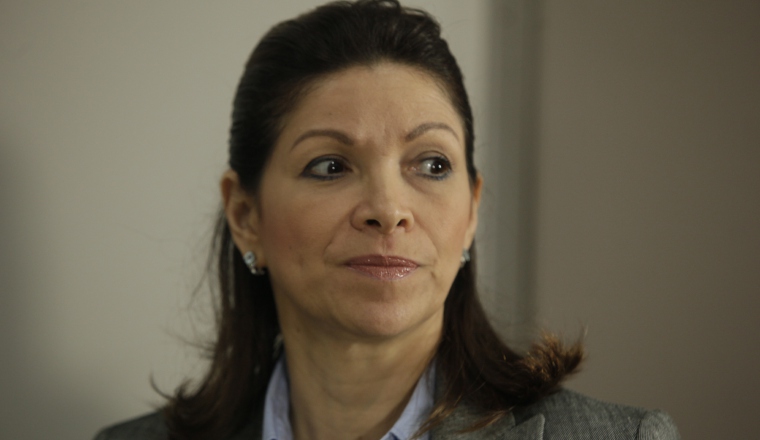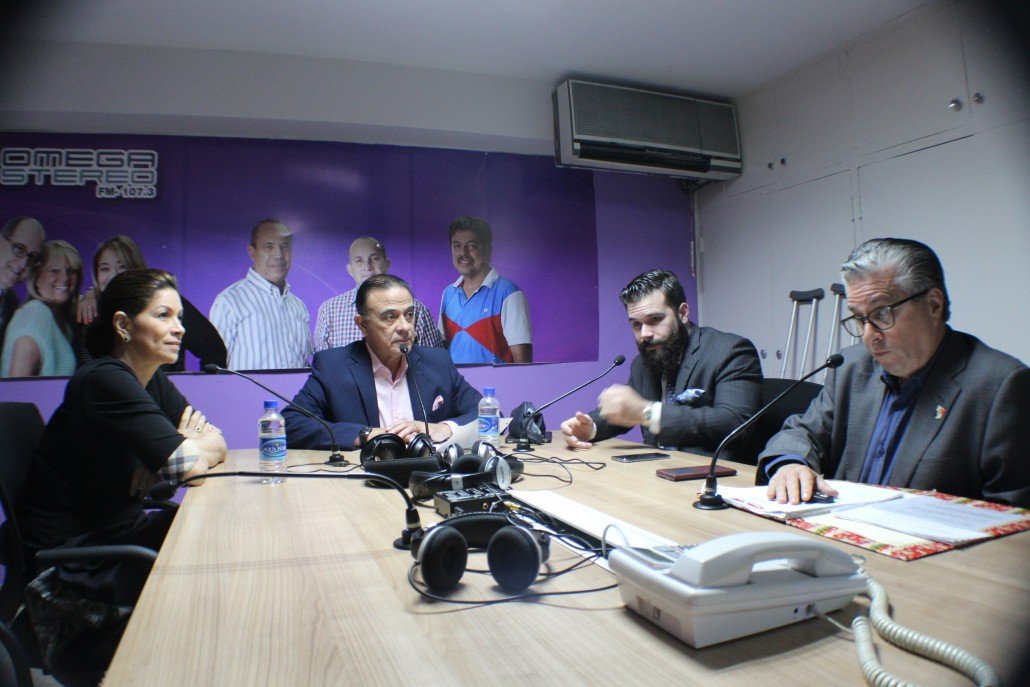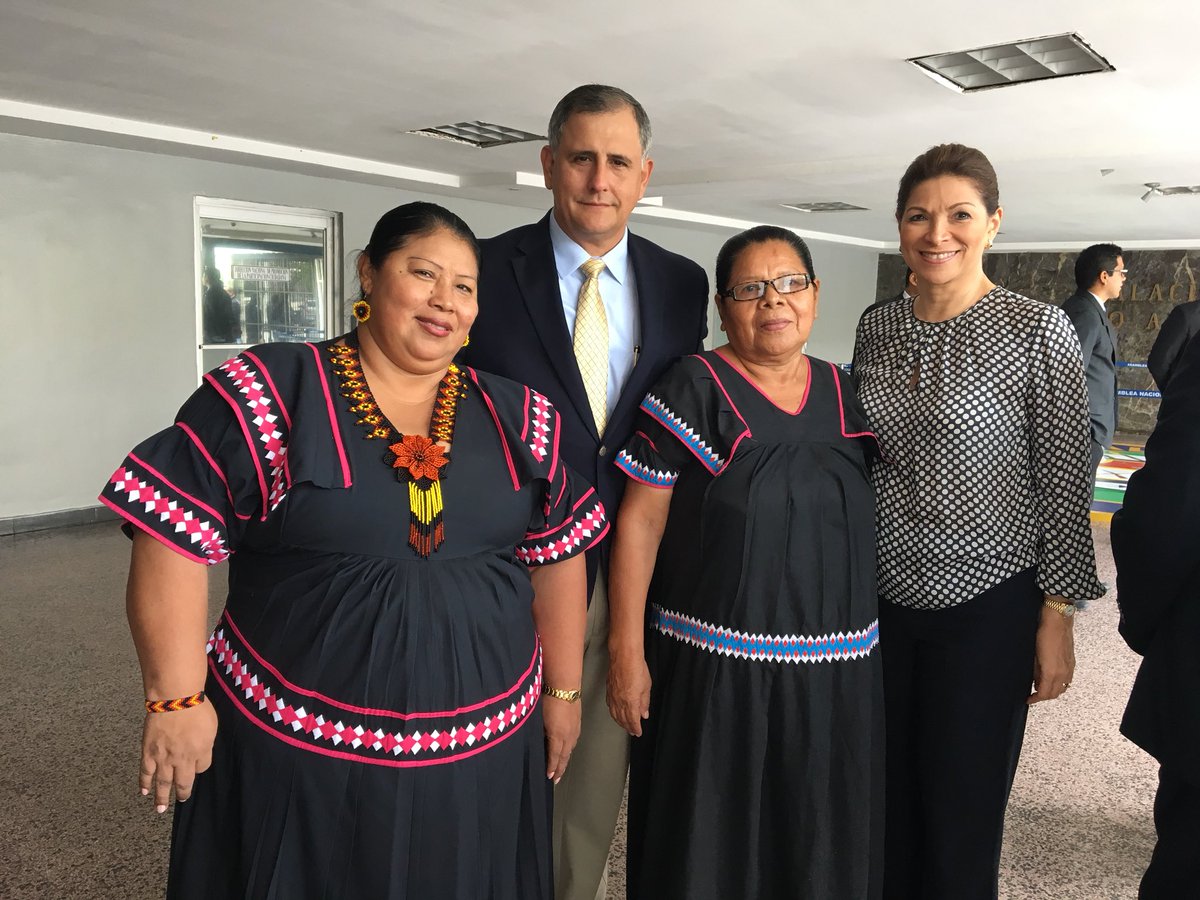
TJN estimated in 2005 that “ high-net-worth individuals” held $11.5 trillion in tax havens like Panama, a figure amounting to a quarter of global wealth and nearly equaling U.S.
Ana matilde gomez license#
Today’s Panamanian law firms are one-stop shops where a gentleman can register his 2,000-ton cargo carrier, license his “pleasure vessel,” offshore his corporation, and squirrel away his own personal nut stash. Although those doing the dirty work are prosecuted, the owners can never lose more than their investment. Unthreatened by legal ramifications, the owner can make unlimited profits from whatever weapons, heroin, or child prostitutes that do slip through. This leaves the burden of inspection on port countries, which have the power to detain a ship and imprison its officers but cannot identify, much less reach, its owner.
Ana matilde gomez registration#
Yet by 2006 the UN Treaty for Registration of Ships had gathered only 14 signatories. Since 1958, the Geneva Convention of the High Seas has required a genuine link between a ship’s flag and its owners or crew. Ships under Panama’s flag were blacklisted by The Hague in 1978 and were placed on the U.S.

Jack Blum, a senior advisor to the Tax Justice Network (TJN), put it best in his testimony to the Senate Finance Committee: “ if the nominee directors and officers were waterboarded, they could not tell you what the corporation was doing or who owned it.” Terrorism? Unlike idling your car by an airport, parking your unmarked liquefied gas carrier by a major city is perfectly legal. This anonymity sets the stage for arms smuggling, drug running, human trafficking, and even terrorism. Some jurisdictions require a director to be named, in which case a proxy nominee legally sworn to secrecy is part of the service. The key device for protecting their identity is the use of “bearer shares,” unmarked shareholder bonds that grant ownership to the physical holder of the document and can be untraceably exchanged like money. The ships’ owners are hidden behind a complex web of corporate entities. Flags of convenience also enable illegal fishing vessels to avoid fisheries’ regulation and control, a practice that a former EU Fisheries Commissioner has called “a serious menace to today’s maritime world.” But 40 percent of “Panamanian” crew members turn out to be Chinese workers, who earn $2-3,000 per year working on ships termed “floating sweatshops” by the AFL-CIO. The Seamen’s Act also specified that officers and crew should speak a common language. Panama is now the number-one purveyor of mercenary flags, with over 8,000 registered ships and 23 percent of the world’s Dead Weight Tonnage (DWT). Panama, by hiring out its flag, allowed Standard Oil to skirt the 1915 Seamen’s Act, which established the rights of sailors and provided for safety inspections of ships. Maritime law requires each ship to fly the flag of its registry.


Panama began its nefarious career sheltering U.S.-based corporations in 1919, as a “flag of convenience” for Standard Oil. The geopolitics of Latin America can’t be understood without taking tax havens into account, and neither can our current U.S.

They take one of every four dollars out of circulation in the legitimate economy. Tax havens such as Panama (or “secrecy jurisdictions”) launder drug money, divert aid, bribe governments, fund paramilitaries, defraud shareholders, and embezzle public funds. However, recent House votes have suggested a renewed interest in ratifying the agreement, which would normalize Panama’s status as a notorious tax haven for U.S.-based corporations, along with other, seedier entities. Negotiated by President Bush in 2004-2006, the U.S.-Panama free-trade agreement has since stalled in the face of congressional opposition. Unfortunately, it is also one of the countries with which the Obama administration is dead-set on implementing a Bush-negotiated free-trade agreement. Panama City: built with dirty money“Panama is the sink where the dirtiest money is laundered,” writes Nicholas Shaxson, author of Treasure Islands: Uncovering the Damage of Offshore Banking and Tax Havens.


 0 kommentar(er)
0 kommentar(er)
